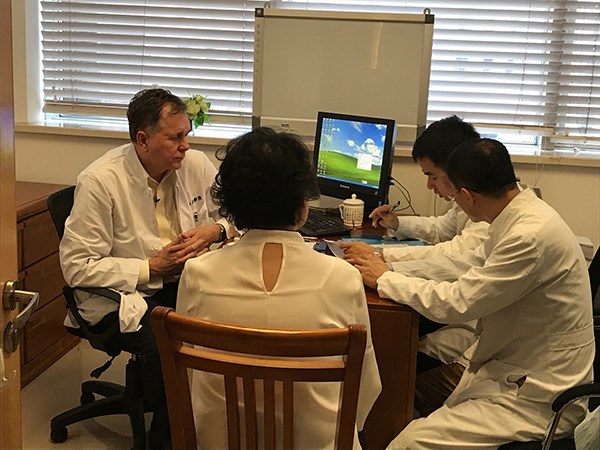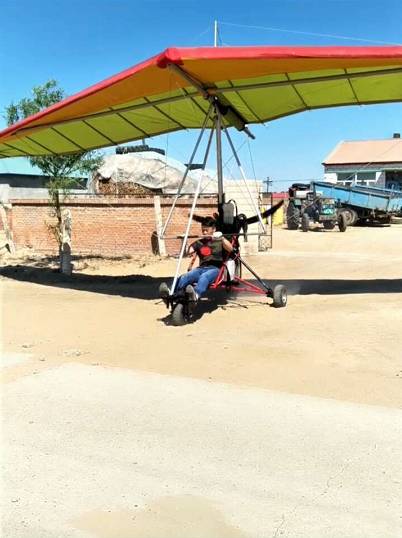The European Union and Ukraine held their annual Human Rights Dialogue on 13 June 2017 in Kyiv, the third time since the signing of the EU-Ukraine Association Agreement. In the Association Agreement, the European Union and Ukraine express their mutual commitment to common values, in particular full respect for democratic principles, rule of law, good governance, human rights and fundamental freedoms.
The meeting was held in an open and constructive atmosphere, allowing a thorough exchange of views on the current human rights situation in Ukraine and on progress since the last dialogue, held in July 2016.
The EU and Ukraine expressed grave concern over the further deterioration of the human rights situation on the Crimean peninsula, including the situation of Crimean Tatars, following its illegal annexation by the Russian Federation. The EU and Ukraine condemned the human rights violations and abuses in the areas of the Donetsk and Luhansk regions, which are not under the full effective control of the Government of Ukraine. They also called for the immediate release of illegally detained Ukrainian citizens in Russia and the Crimean peninsula.
The EU and Ukraine raised ways to mitigate the humanitarian impact on civilians of the illegal annexation of the Crimean peninsula, and the conflict in the east of Ukraine. They also discussed the ways to protect the human rights of internally displaced persons (IDPs). The work of the Ministry for Temporary Occupied Territories and IDPs and the Action Plan for certain areas of Donetsk and Luhansk, adopted by the Government of Ukraine, were welcomed.
The EU and Ukraine discussed the prevention of ill-treatment and torture and thecontribution that the ongoing reforms in the area of law enforcement continue to have in strengthening human rights in Ukraine. The EU also called for further progress to be made in the investigations into the crimes committed during the EuroMaidan protests, and the violent events in Odesa on 2 May 2014, emphasising the need to address the shortcomings identified by the International Advisory Panel of the Council of Europe and to bring to justice those responsible.
The EU highlighted the importance of harmonising electoral legislation and the appointment of members of the Central Election Commission whose mandate has expired.
Both sides highlighted the importance of free and independent media and discussed ways to advance the safety of journalists and media outlets, including the steps taken to address publication of journalists’ private data on Ukrainian websites. The decision to block a number of Russia-based online services was also addressed.
Also on the agenda of the Dialogue was non-discrimination policy, including the rights of LGBTI persons and those belonging to ethnic, linguistic, religious and national minorities, and the rights of the child. Gender equality and women’s rights, especially domestic violence, were raised and the EU encouraged Ukraine to ratify the Istanbul Convention.
The EU and Ukraine cooperate well in international fora in the field of human rights. The European Union recalled that Ukraine has committed to the ratification of the Rome Statute of the International Criminal Court.
The EU delegation was led by Mr Dirk Schuebel, Head of Division for bilateral relations with the Eastern Partnership countries in the European External Action Service. The Ukrainian delegation was led by Mr Sergui Petukhov, Deputy Minister of Justice of Ukraine. In line with usual practice, the EU held consultations with representatives of Ukrainian civil society and international organisations prior to the dialogue. In March 2017, human rights organisations from Ukraine and the EU held a civil society seminar on human rights. The recommendations of that seminar were also discussed in the dialogue.
The dialogue was planned to coincide with the Justice, Freedom and Security subcommittee to be held on 14 June.
The next Human Rights Dialogue meeting between Ukraine and the EU is scheduled to take place in the summer of 2018.

